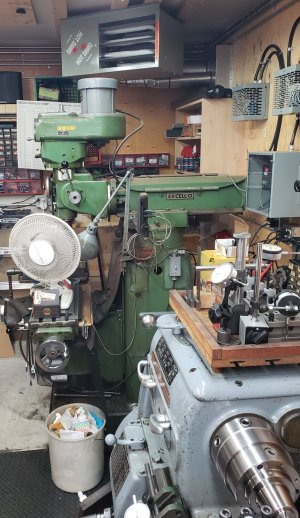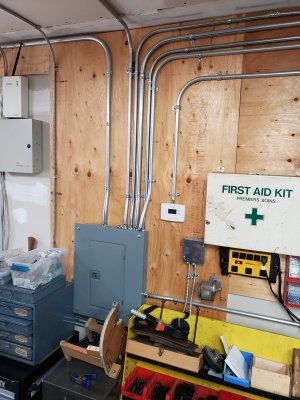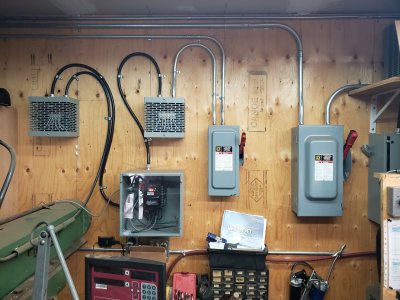Xyphota
Ultra Member
I am currently working out of an attached, but poorly insulated garage, and am trying to plan ahead for this winter to continue working in there. I'm sure other Canadians have similar experience trying to get the most out of a freezing garage. Are there any recommendations on space heaters or garage doors that are better insulated people have immediate experience with? I'd really just like to warm the garage up to near zero atleast, it does not need to be a sauna lol.






